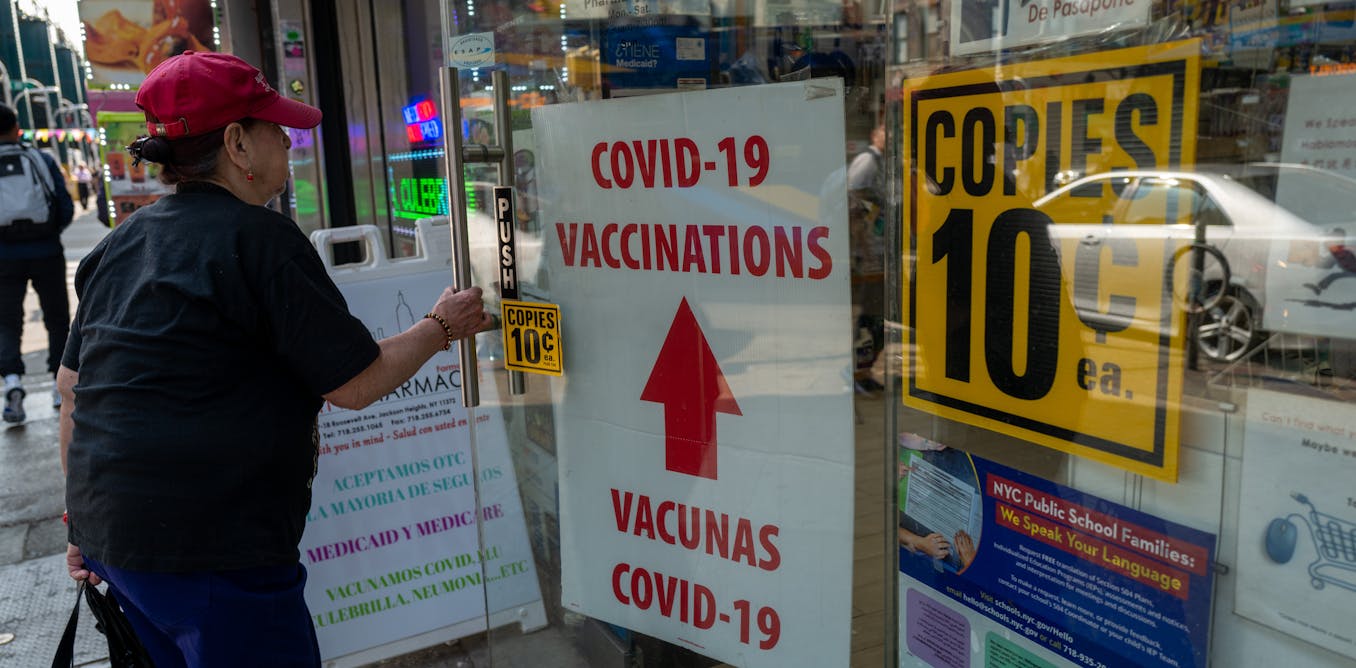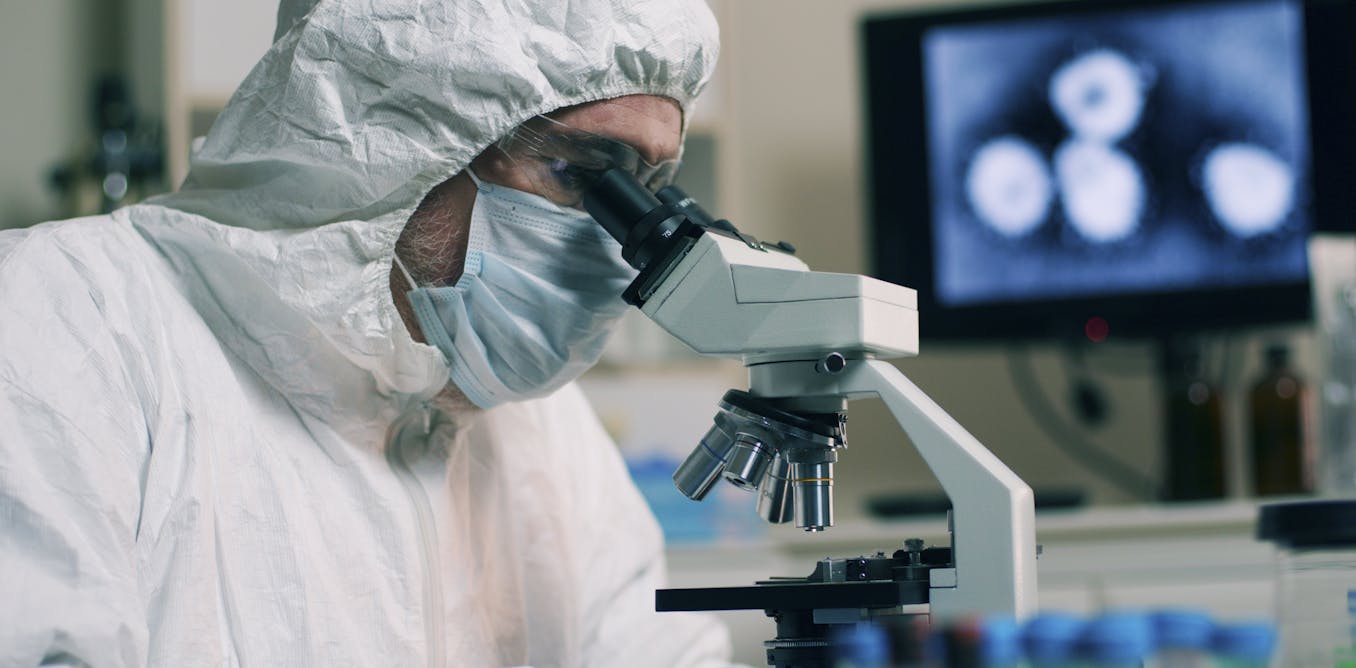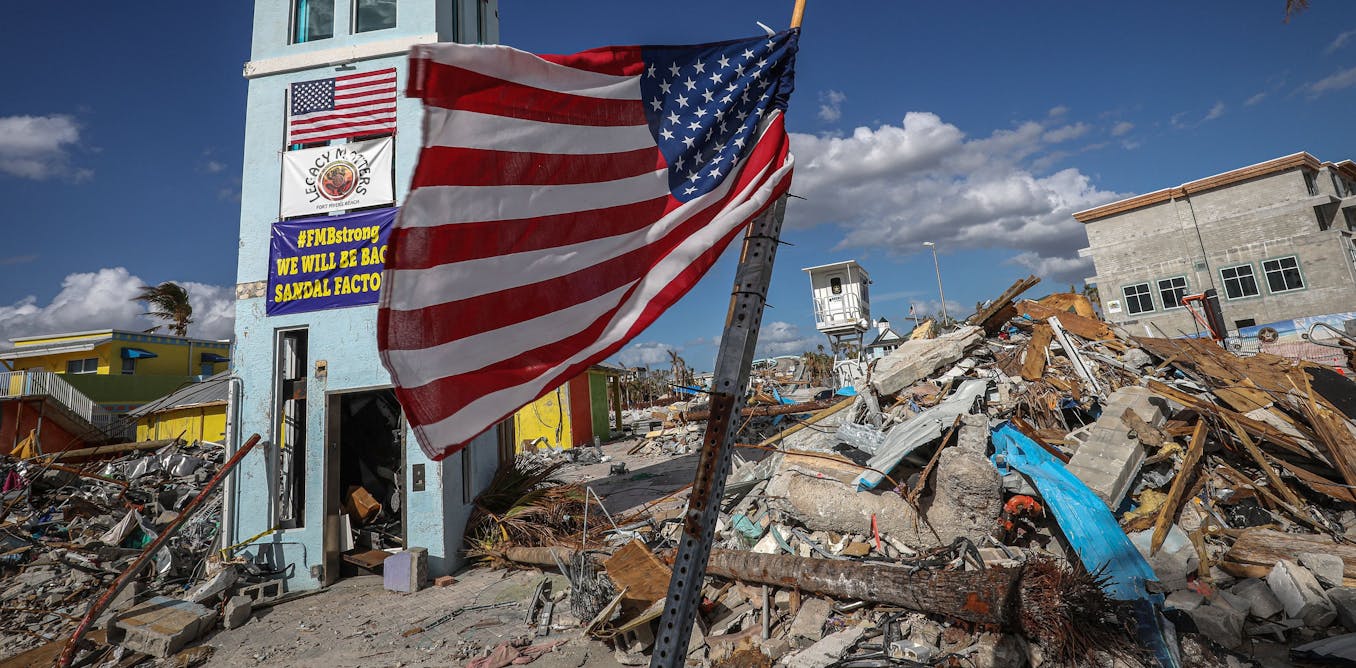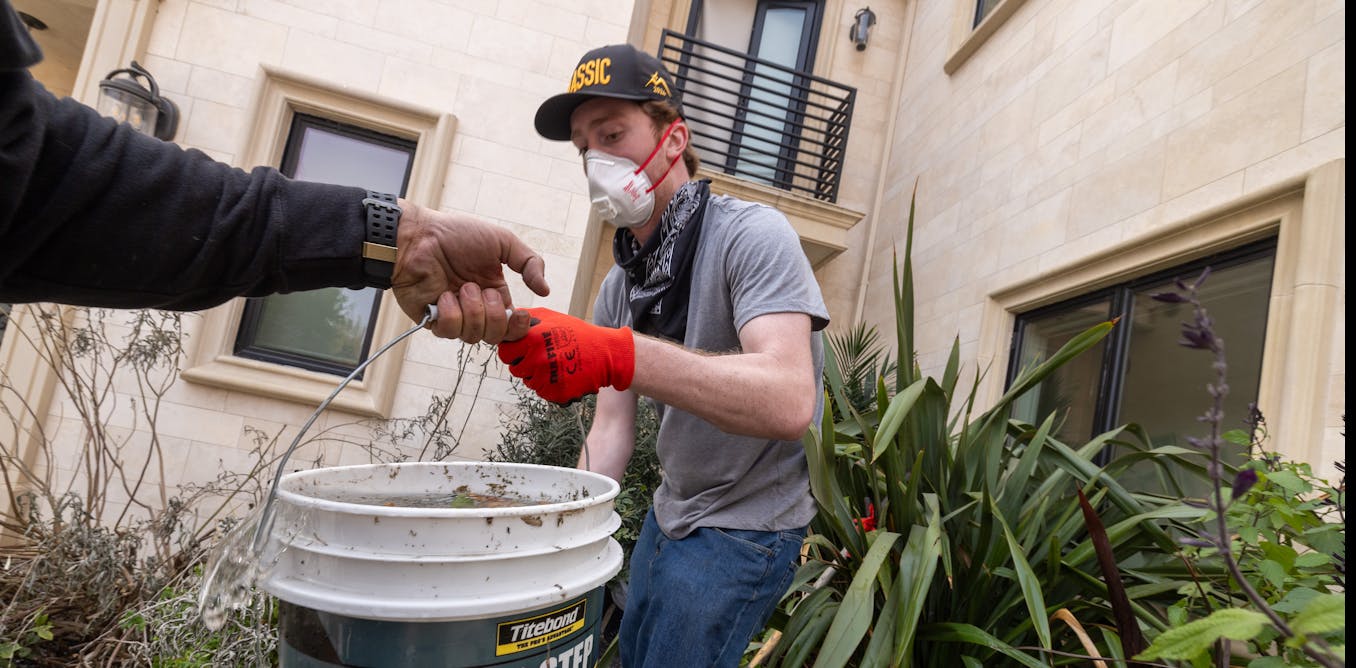Gay Men’s Health Crisis showed how everyday people stepped up when institutions failed during the height of the AIDS epidemic – providing a model for today
Despite funding cuts, political scapegoating and internal tensions, thousands of volunteers came together in the 1980s to provide care to a stigmatized community.
June 18, 2025 • ~12 min








